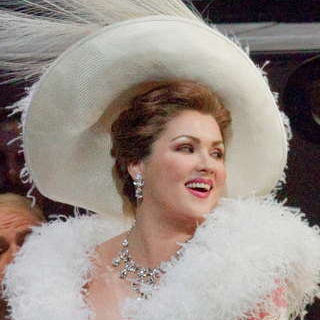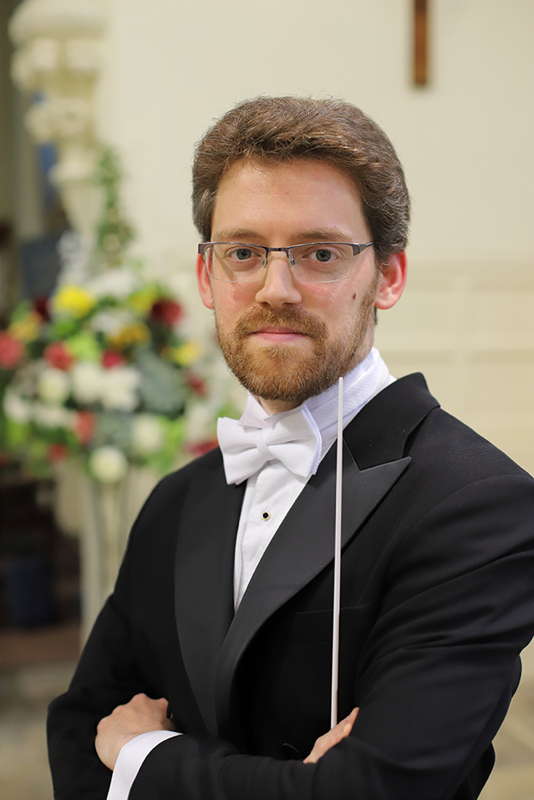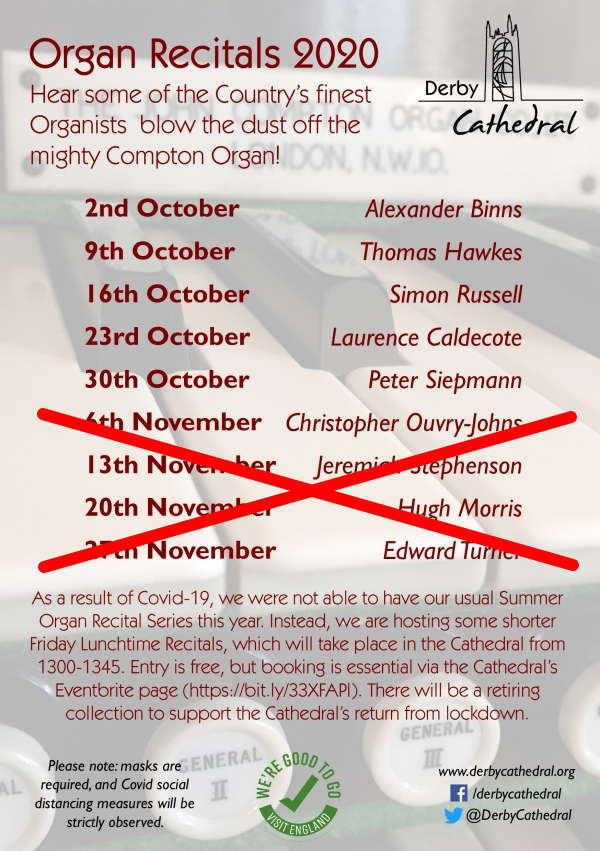 SPONSORED: Vocal Glory - Massenet's Manon in HD from New York Metropolitan Opera, enjoyed by Maria Nockin.
SPONSORED: Vocal Glory - Massenet's Manon in HD from New York Metropolitan Opera, enjoyed by Maria Nockin.
All sponsored features >>
Nicely Varied
Peter Siepmann plays Johann Sebastian Bach, Maurice Duruflé and César Franck on the Compton organ at Derby Cathedral, heard by MIKE WHEELER
In contrast to the sequences of mostly short pieces offered in the three previous recitals in this series, Peter Siepmann, organist and Director of Music at St Peter's Church, Nottingham, played just two big works, with a short one in between. (Derby Cathedral, Derby, UK, 30 October 2020.)
J S Bach's Partita on 'Sei gegrüsset, Jesu gütig', BWV 768, is one of three sets of chorale variations collectively known as Partite Diverse. In effect, it is a sequence of small chorale preludes, whose surviving manuscript sources apparently don't agree on the order of the eleven variations; I have no information on the edition Siepmann was playing from. His registrations were nicely varied and always apt, with lines standing out clearly. The athletic lower part was the focus of the restless first variation; the brief third variation sparkled; there was an attractively pungent reed stop on show in No 5. The eleventh variation was a suitably big final statement that avoided undue rhetoric.

Peter Siepmann
Duruflé's Méditation came to light after his death. Written in 1964, it shares a theme with the Agnus Dei of his Mass 'Cum Jubilo' from two years later. With the composer's characteristic blend of chant-like melody and Debussy-esque harmonies, it has something of the troubled serenity familiar from his Requiem. Siepmann resisted the temptation to allow it just to meander, keeping it on the move with unobtrusive firmness.
Franck's Three Chorales are among his very last works. The third and best-known is a predominantly dark, turbulent piece, qualities that came across clearly in this performance. So, too, did the moments of stoicism, even serenity, with Siepmann projecting a firm sense of the music's hard-won resolution at the end.
Copyright © 5 November 2020
Mike Wheeler,
Derby UK

FURTHER ARTICLES ABOUT CÉSAR FRANCK




